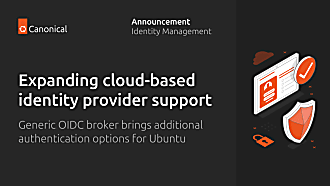Canonical
on 10 January 2014
UK government security arm CESG has published a report of its assessment on the security of all ‘End User Device’ operating systems.
Its assessment compared 11 desktop and mobile operating systems across 12 categories including: VPN, disk encryption, and authentication. These criteria are roughly equivalent to a standard set of enterprise security best practices, and Ubuntu 12.04 LTS came out on top – the only operating system that passed nine requirements without any “Significant Risks”.
This article summarises the report, addressing the specific remarks raised in the assessment, and examines why Ubuntu is such a secure OS for government and enterprise use. UK Gov Report Summary



